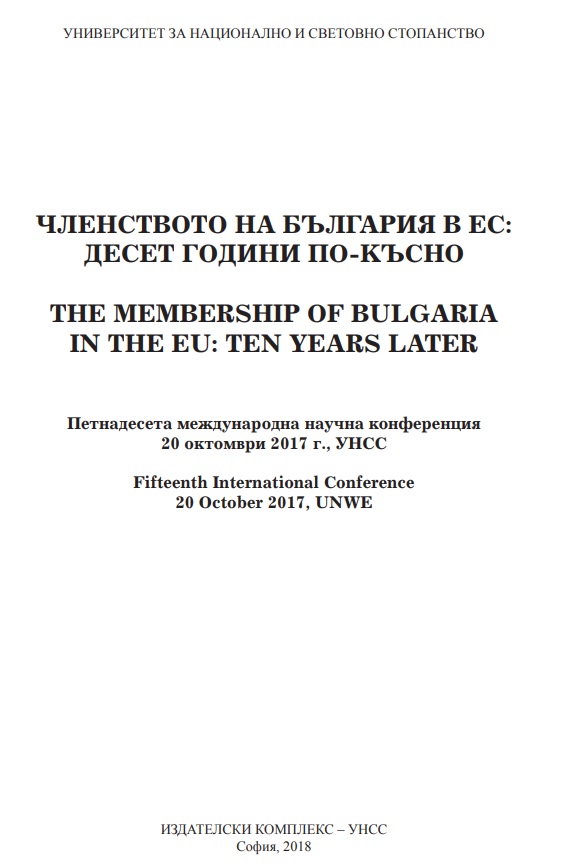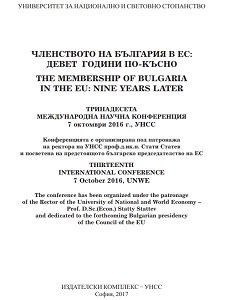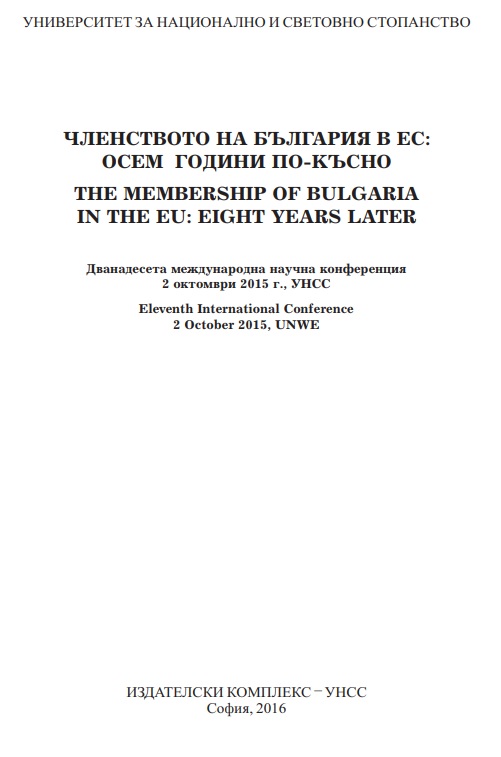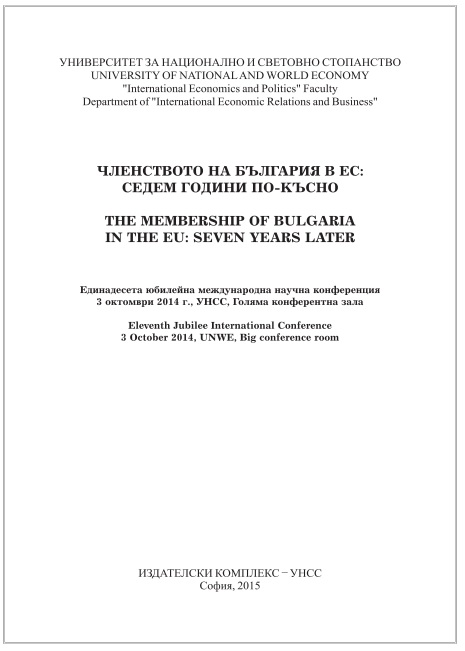
Европейският енергиен съюз: (не)осъзната необходимост
The aim of this paper is to present a novel project by the European Commission knows as Energy Union. Author explains the main purpose and priorities of the Energy Union as defined in The Energy Union Strategy. The research answers various questions pertaining to the necessity behind the establishment of the European Energy Union. The practice makes us considering whether the term ‘energy union’ shall be viewed as a political appeal or prospective reality? And whether it is indeed necessary to experience energy crisis first, so that we move on to the establishment of a real energy union?
More...


